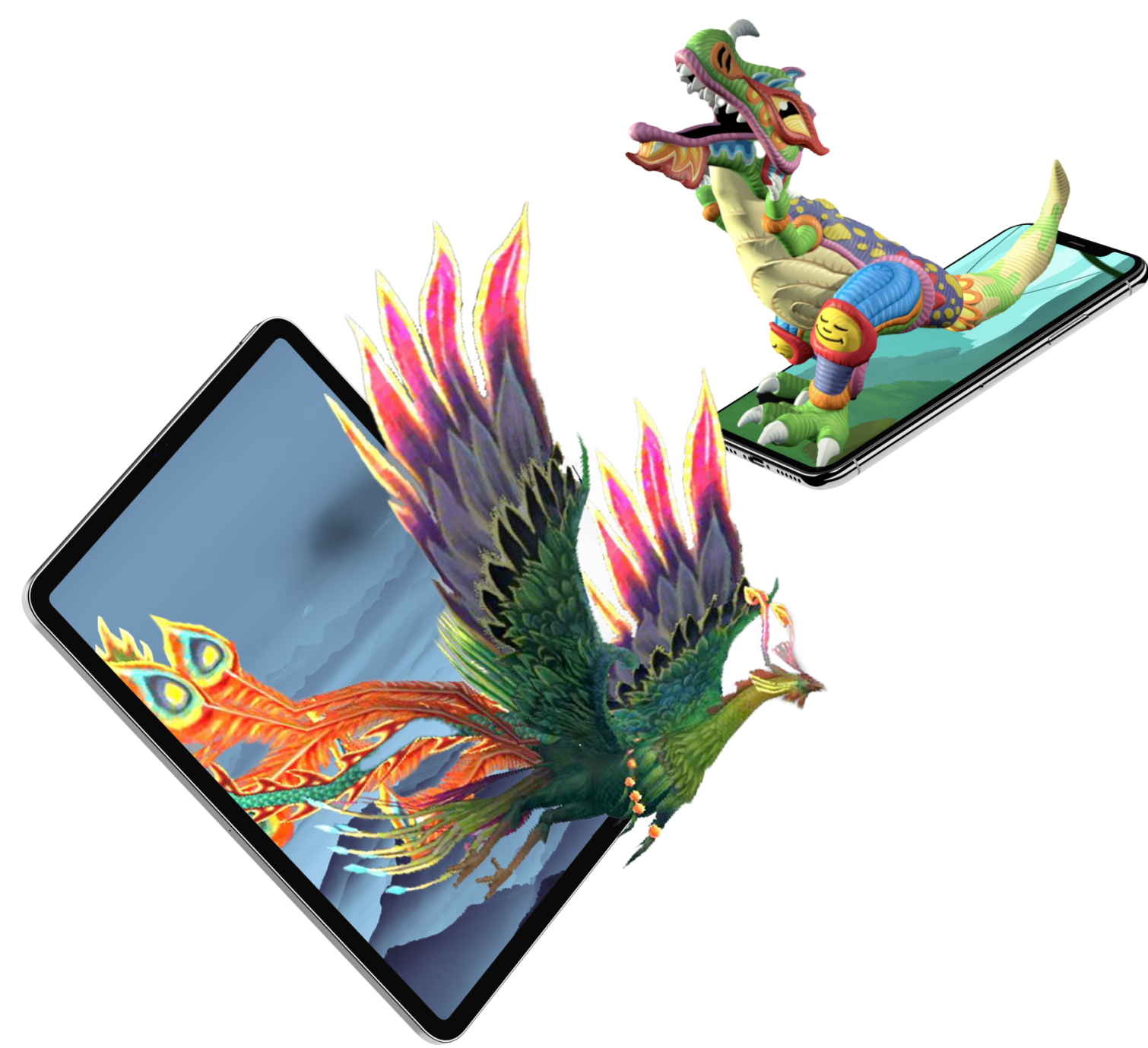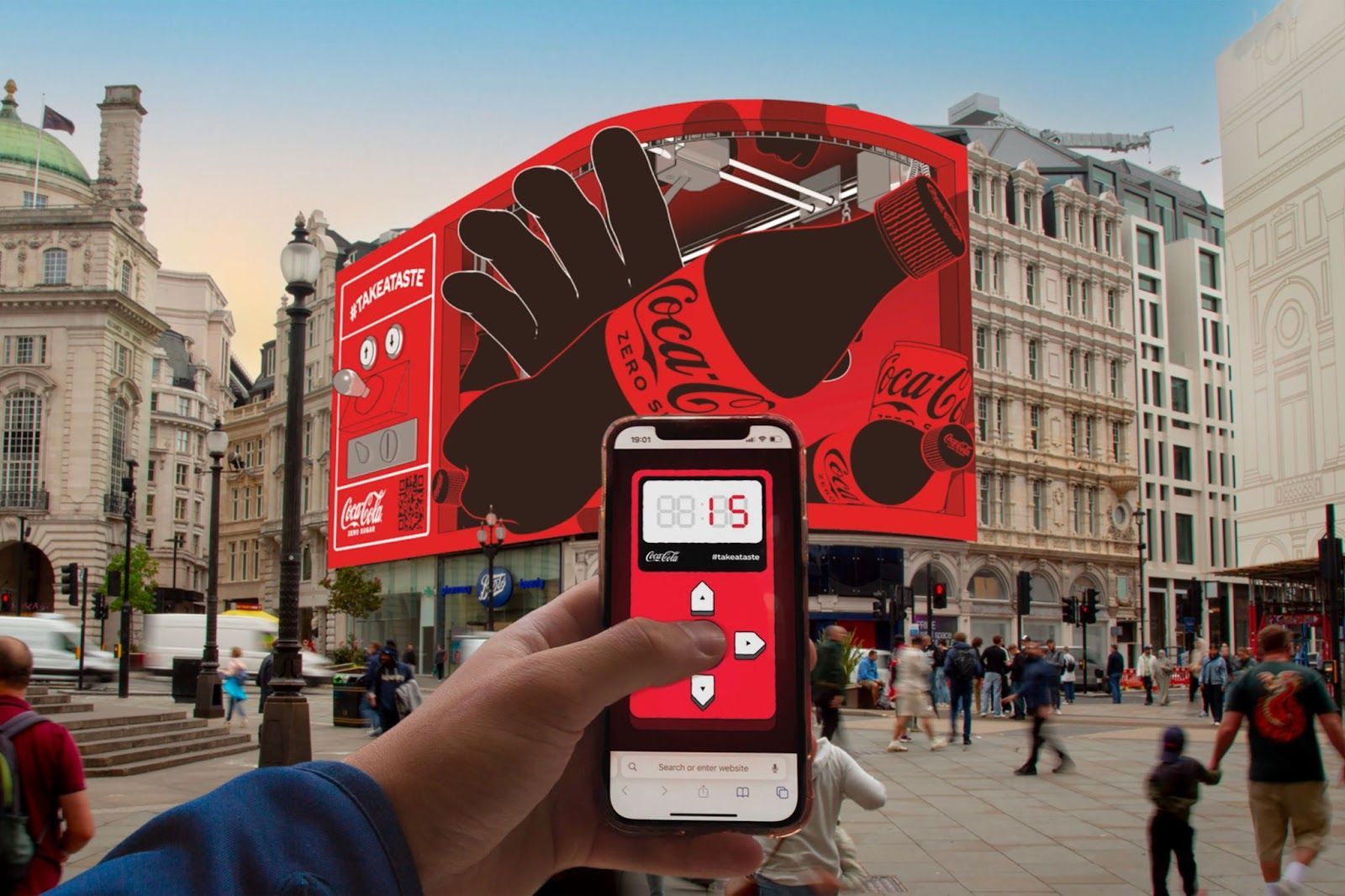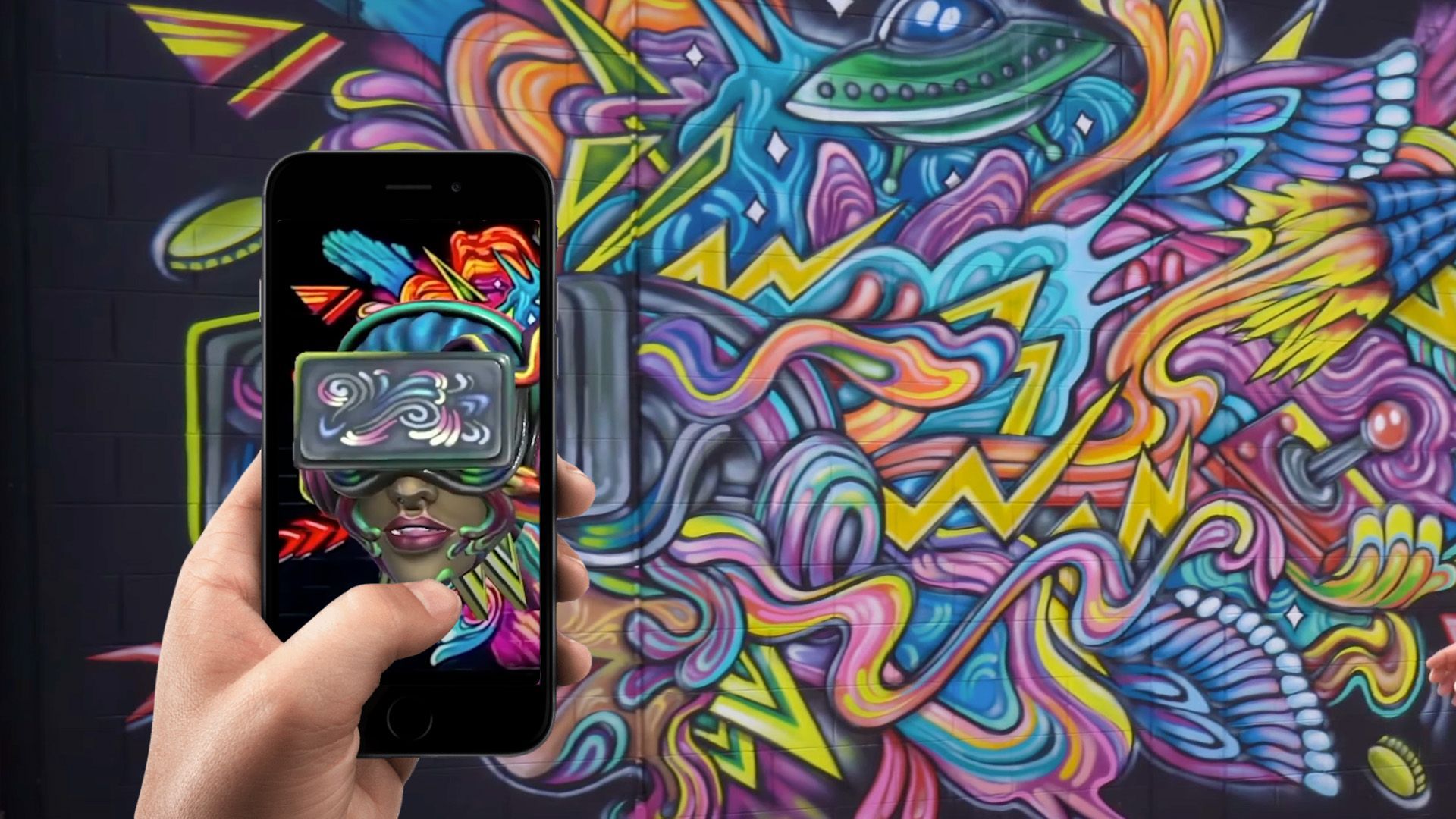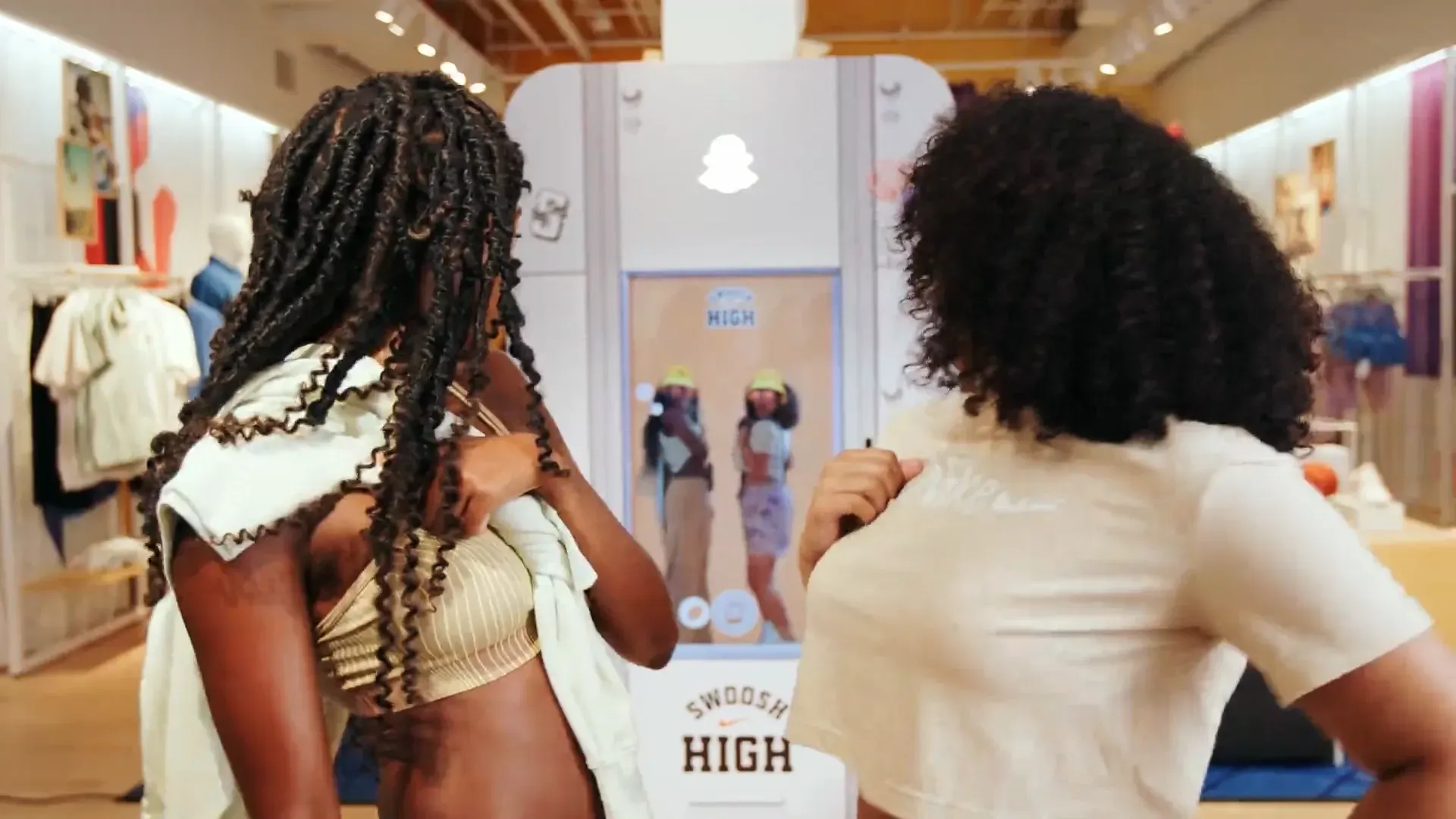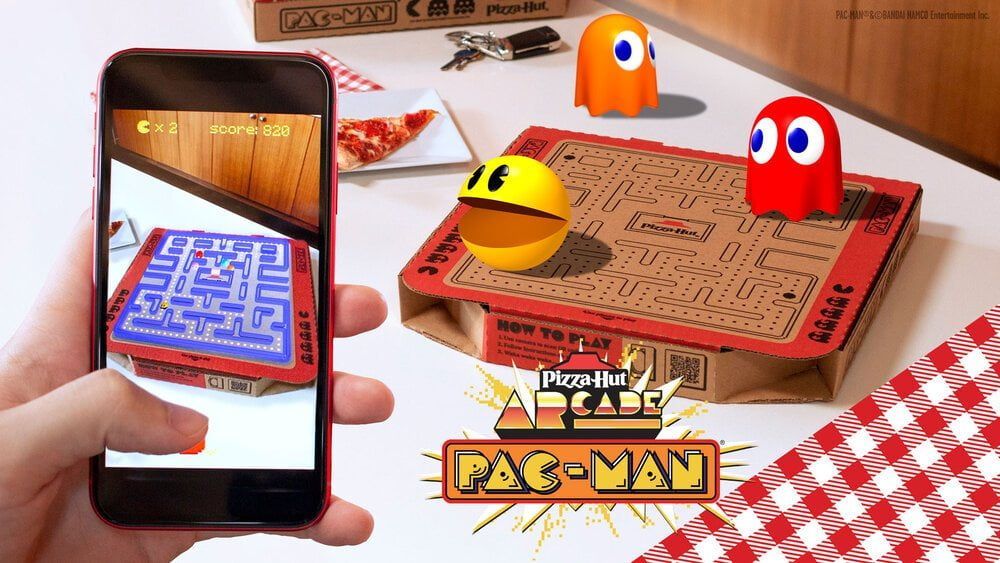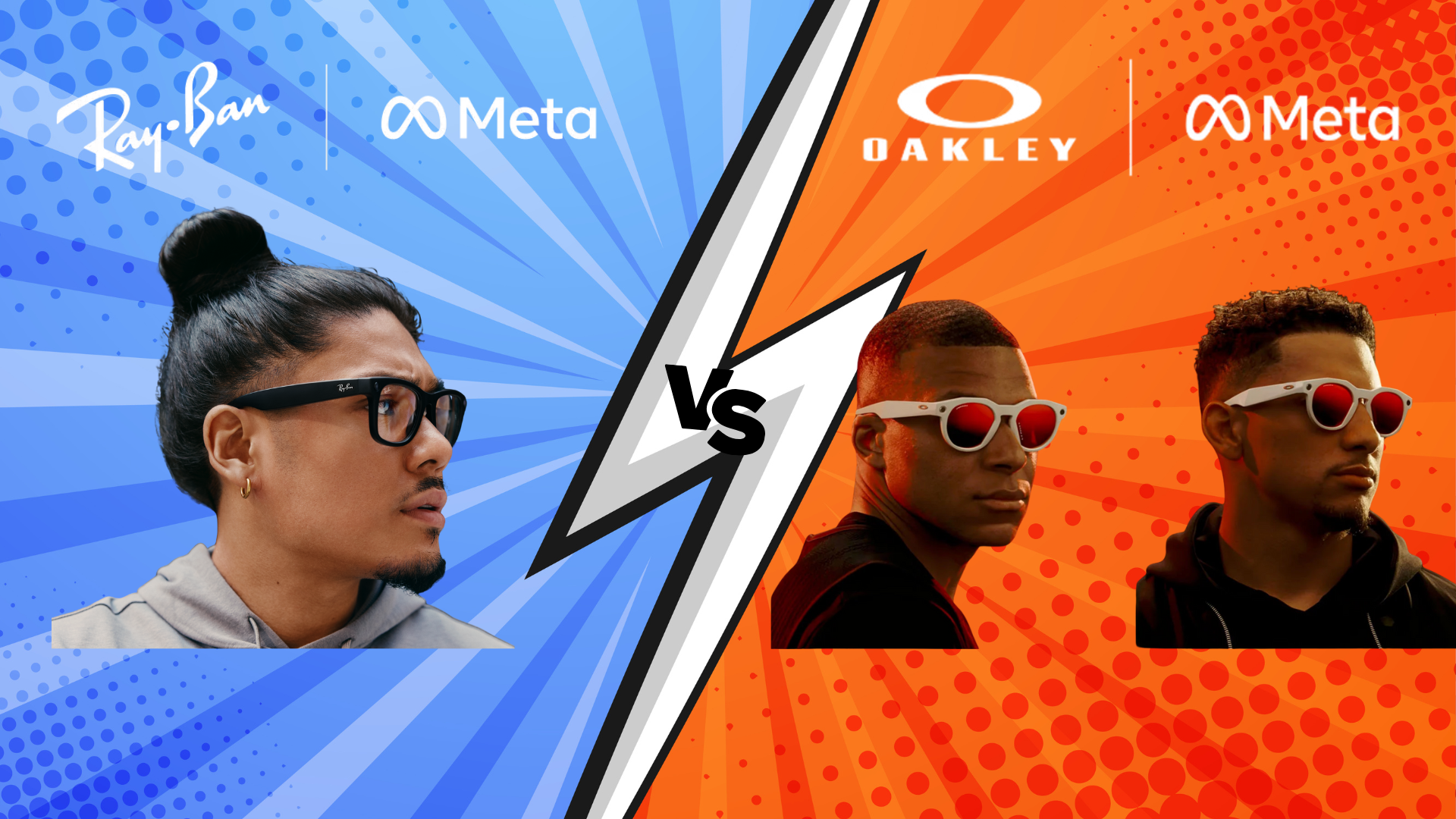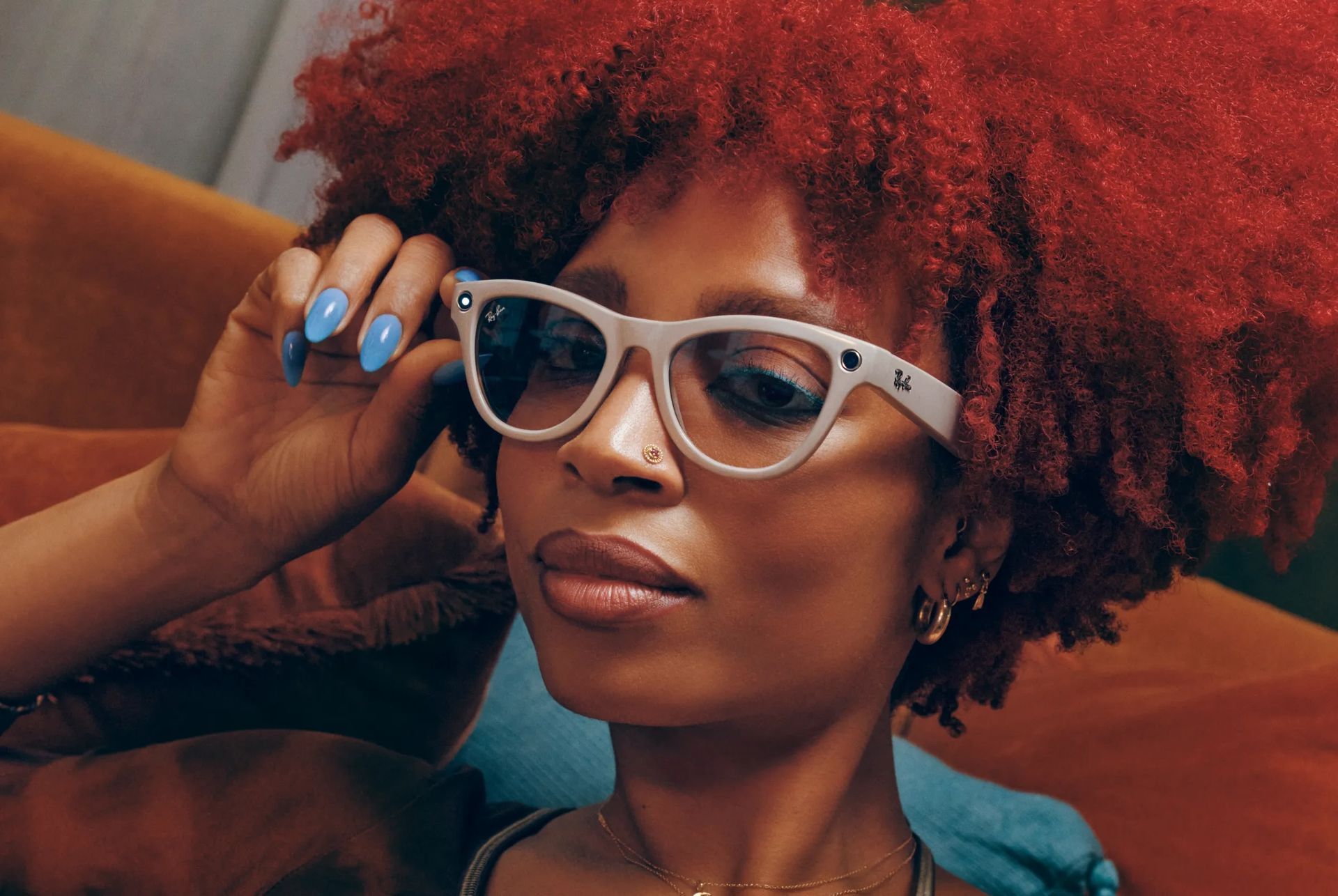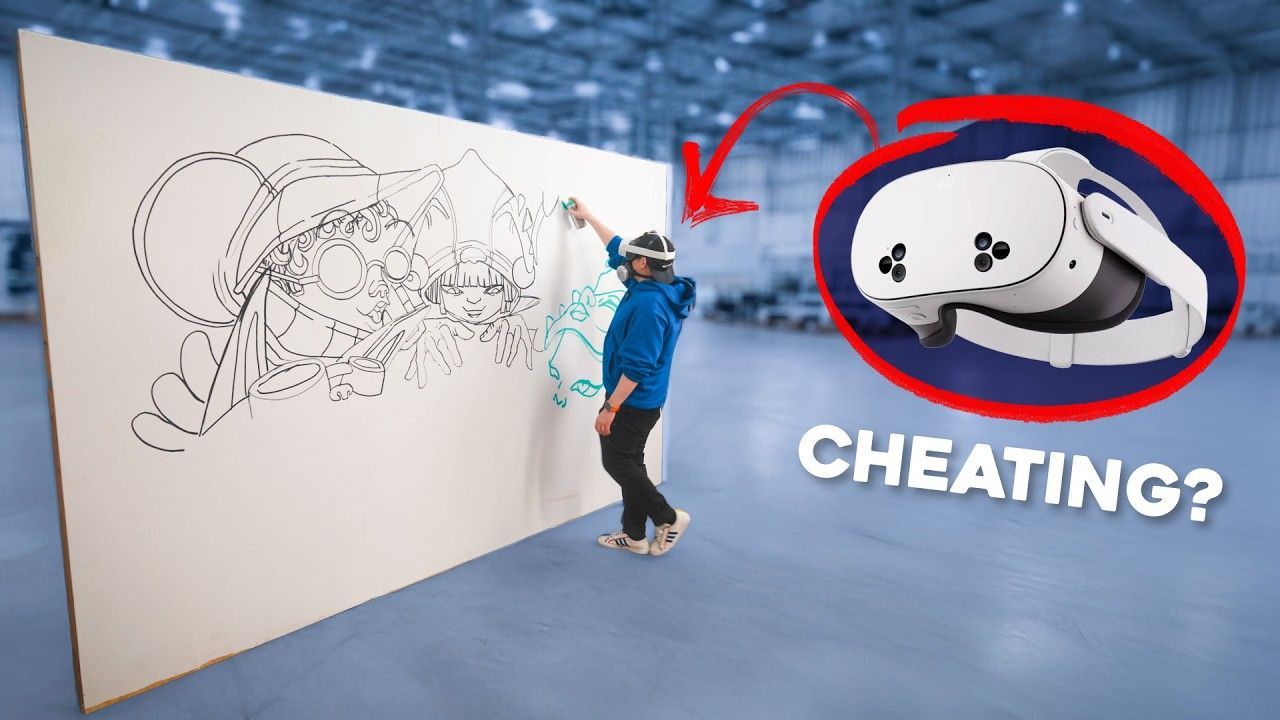THOUGHTS ON MICROSOFT IGNITE 2021
The above video and transcript is our educated opinions on the Microsoft Ignite conference and the current state of Microsoft XR and where they're headed.
Video Transcript
Kunal: [00:00:00] Hi, I'm Kunal Patel, CTO co-founder of BrandXR an augmented reality creation platform.
Dave: [00:00:06] So yesterday you were sitting there with your Oculus on, you're like, Hey, film me and when I asked you what it was about, you told me that you were entering into a virtual conference put on by Microsoft and I think you said it was altspace.
Kunal: [00:00:19] Yeah, they're they, Microsoft bought a VR platform called Altspace VR for virtual events. And so it was a platform that existed beforehand. Microsoft bought it and now they're, adding more firepower to it. They're adding more Microsoft technologies to it and we're still in COVID times, like they're using it to do their big presentations.
Dave: [00:00:38] So what was this presentation like? What was the idea of what this was supposed to be about?
Kunal: [00:00:43] Their keynote was supposed to be about XR. It was supposed to be about being together virtually even when you can't be there in person.
So it made sense that they would do this where you're a virtual avatar and you're in a virtual lobby and you're in a virtual [00:01:00] presentation area and auditorium. And so you walk around and other avatars, which are, other people. So it was an interesting experience, they're still in this realm of everybody's like a cartoon character.
So it's not quite, the same as being there in person, but you do get the sense of I'm in a big room. I'm like, Whoa, there's a giant, whale or giant squid that's floating around. When they're talking about like some Oceanic Research So I think there was there's value in, in presenting in that way you could, in a way you can do that in real life, in real life, maybe it's real people and things, but like in this world you could do impossible things
Dave: [00:01:37] Just out of curiosity, when you were in that virtual conference, if you chose to meet someone in their avatar, do you have the option to talk to them?
Kunal: [00:01:48] you can go up to a person and you can then I guess, request a chat with them. And then if they want to chat with you, you can chat back and forth and you can do it with audio or [00:02:00] without audio. And they've been working and some things like even to create like virtual world rules for engaging with people.
There's some people out there. That they create a bubble around themselves. Like you can't really enter their space, you can't really bother them. And then in other cases, they're like, Hey, my microphone is open, its on, I'm just talking to anybody who's near me can hear me.
So they're trying to solve like some real world situations and then some virtual world situations in this platform,
Dave: [00:02:32] Now there's a few companies that are going into this XR realm. You have Oculus from Facebook that has really been pushing, especially from a budget standpoint, really trying to get VR into everyone's home.
You have Apple that has been teased with glass. You have you have Microsoft, you have, a few others that are pushing this and it seems like it's picking up momentum.
Why does Microsoft care [00:03:00] about XR?
Kunal: [00:03:01] So I think there's multiple reasons they care about XR on one front, I think it's because they were, they had an Epic fail around 2007, 2008.
Like they chose to be arrogant and said that nobody wants to use an iPhone and they were late to the party in terms of the smartphone game. They didn't develop that fast enough. They didn't develop the hardware fast enough and people already decided, hey, I'm going to use an iPhone or I'm going to use an Android. And then basically the entire smartphone Platform Wars were just won by Apple and Google. And Microsoft just became like a small fraction. I don't think they even had 2% of the marketplace and they gave up on it and it's affected almost every single one of their products since.
They're no longer, the main person at the table.
They have to, work with Apple. They have to work with Google. They can't set the terms [00:04:00] anymore and that put Microsoft in a really weird position where they're not the platform of choice of consumers, Microsoft doesn't want that to happen again and I think that XR augmented and virtual reality is like that next platform that people are gonna interact with each other and with data and with content.
And if they get into it now, they won't have to play second fiddle or third fiddle in anymore. Like they, they can control the platform, they can control their destiny, they can control their products.
And just have a better shot at like business.
Dave: [00:04:37] You talk about how that they didn't care about the consumer and that backfired on them. They missed that boat is, do you see that this is the shift that they're gonna try to captain that XR is the realm where they see the opportunity to take that leap forward and get back into the consumer market.
Kunal: [00:04:57] I think XR is going to be [00:05:00] almost like this connective tissue that connects all of their different businesses. Like Microsoft is such a monster in terms of all the things they do. Like they have. Their enterprise business that they work with hospitals and manufacturing and e-commerce, they have accounting systems. They have Microsoft dynamics. Azure, which is their cloud data center they have Xbox video games, for just everybody. They have surface computers, their brand of computers. XR is going to be that connective tissue with every single one of their businesses.
And yeah, I think they want to get back in the consumer world and realm. And somehow they're going to do it through XR. And so maybe there's a flavor that would work for Xbox gamers. Maybe there's a flavor that's going to work for just. Professionals and students with surface, and maybe there's a version or a flavor with HoloLens and the enterprise.
Dave: [00:05:58] The Hololens is [00:06:00] $3,500. If their goal is to jump back into the consumer market, I just can't see that being, even if it was clearly better. You have the Oculus at $300, which after people experience it, oftentimes they go, how much is this? They find out at 300 and they're just blown away that it's affordable, but to go, okay, what's the next level up?
You can start looking at the PSVR and you can start looking at these different, but they have a $3,500 lens. Yeah. So w what do you see them? Do you see them creating a different tiered system from enterprise to consumer?
Kunal: [00:06:35] Yeah I think they're doing the absolute opposite of what magic leap was trying to do.
I think magic leap is trying to go consumer first and totally failed. Microsoft decided let's start with the enterprise. Let's start with these big businesses where we can have like long engagement periods. We can record all this data. We can see how people are using it. If there's issues, it's not that big of a deal.
[00:07:00] Regular consumers, regular Joes and Janes are very fickle, very opinionated. All it takes is one blogger to go this is the worst thing in the world. Microsoft didn't need to deal with all that noise. So they're using a Hololens as really like their testing lab for how XR should work.
And when they have that stuff polished I feel like they're going to release something that's cheaper, smaller, easier sexier that people can use. And, they failed the smartphone, platform Wars. They don't really have too many second chances at trying to launch into a new platform for consumers. So they gotta do it.
Dave: [00:07:43] Okay. Let's talk about this experience. The conference was the ignite conference. Talk to me what was it like?
Kunal: [00:07:50] Yeah, so definitely the energy is totally different than if you go to the real one where there's like all these people. But I think it was [00:08:00] interesting. I used an Oculus quest headset that was running the Microsoft Altspace VR app to get into this.
So I didn't need to use a Hololens. I didn't use to use a windows mixed reality headset, VR headset. So that, that was convenient and that was good. When I went in it was nice to see other people, so to speak, even though they were cartoons and I was a cartoon myself, I was a different avatar.
And when we walked in, I saw an entire auditorium. Where I saw things floating above me, or I saw a video in front of me. I saw people chit-chatting I saw somebody from Microsoft chatting with somebody else who was from Montreal. And then another person who happened to be from London. And so all of these people are right there, even though they're virtually, they look like, actual physical beings in front of me and I could see them chatting with each other because I was close enough.
So that part of it was like this is like how it is in real life. So I thought that was [00:09:00] impressive, definitely like over time, I think they can make the graphics and everything look better just like a video game.
Yeah. But yeah, I thought it was pretty good.
Dave: [00:09:07] So tell me who presented, what was like, what were some of your takeaways from what stood out the most? That they came out to talk about.
Kunal: [00:09:15] So the keynote was primarily all about XR and Microsoft has so many business lines, they had Satya Nadella, their CEO talk about the importance of mixed reality and an XR and how you have, a surgeon from Mount Sinai hospital coaching, a surgeon in Uganda, in Africa to do surgery using the HoloLens.
And then he talked about a manufacturing company that's using it to train future employees. Somebody that had been with the company for 30 years was able to build a whole training program for new hires in these, had to put on the HoloLens and he could see what the expert wanted them to see.
And then they even had Hey, you can pay, you [00:10:00] can play like Pokemon. On this as well. So that's like very consumer, but they were showing all of these different things that are possible. And it told me that this is going to be important to Microsoft across the board and they're building experiences for every type of person.
So yeah, they, they had all their different business lines talking about it.
Dave: [00:10:22] Now they introduced something called Microsoft mesh.
Kunal: [00:10:25] Yeah.
Dave: [00:10:26] What is Microsoft mesh?
Kunal: [00:10:28] I'm not sure exactly, they talked about it. I can only speculate a little bit, in basic they, they said that, Hey, this is a new application where you can share 3d models with each other. You can communicate with another person in 3d.
To me, it seemed like a stepping stone to the next version of Microsoft teams. So turning the pandemic like Microsoft teams took over like wildfire. It's a really similar to Slack or other chat-based [00:11:00] tools like discord. But I think Microsoft mesh is almost like a preview of the future version of teams.
Where, I'm myself. I see a video of someone else. I see a 3d hologram of another person. And then all three of us are looking at the same 3d model or experience, or maybe there's a digital whiteboard where we can use things together. I think it's just the future 3d version of Microsoft teams. It's their stepping stone.
Dave: [00:11:31] Do you see any faults with what they're doing?
Kunal: [00:11:34] I think it's a huge juggling act that they're trying to pull off and, they are definitely having to play this long game of trying to come back, from losing the smartphone war. Almost all of their consumer type of products are failing.
They had a smart band that failed. They had ear pods. Nobody bought them. They have headphones that look cool, but I don't think anybody's buying them it's cause like it doesn't interface with your smartphone [00:12:00] very easily as maybe other ones do. So I, I think that there is a lot going on and they're just hoping.
That it all comes together and that consumers will see that maybe there's a sexy product and we'll give them another shot.
There's a chance that if competitors like Apple or Google come out with something, maybe people are too ingrained with their current smartphone ecosystems to really just make the leap onto Microsoft.
So I want to say they need to be doing. Something way more consumer right now to get in.
Dave: [00:12:42] And is that how you think they're going to compete? Is that their best solution to compete in this XR market?
Kunal: [00:12:49] I think they have to, you got to take a look at what they're doing. They tried to buy TikTok and then they tried to buy Pinterest and these are super consumer [00:13:00] focused like platforms. Like, why would they do that?
On one hand, they're working with hospitals and this, they're working with NASA, they're working with manufacturing, they're working with like automobile manufacturers, very enterprise stuff that Microsoft's amazing at and really great at and has great relationships with and they'll win that.
But they're doing extremely like. Consumer focused movements. They didn't buy TikTok. They didn't win in that. I think the Pinterest deal didn't happen, but you don't just decide, Hey, I'm going to blow $50 billion just like that, on a random Tuesday.
I think there's some strategy going on here where they have the money to spend and they're going to try to get into. Consumers' lives in a very like ingrained way. And that has to be there way back into consumer's like everyday lives. And that's how that maybe they can introduce their XR platforms, whether it's, glasses like I'm [00:14:00] wearing right now that aren't 3,500 bucks, like the Hololens. They've got to have a critical part of my life.
Dave: [00:14:04] You've used words like. They hope. I believe that they hope that this will happen. And you've used your own words in saying, I think this will happen.
Yeah. So outside of them presenting vision, did they give any clear indication of the next step and when to expect it?
Kunal: [00:14:26] I don't think so. I think he didn't say anything on the, yeah.
Right now the HoloLens is available to purchase. If you got 3,500 bucks and it's been tough to actually and it's been selling out and then there's different versions that they're releasing for more enterprise use cases. There's a military version of this. There's a manufacturing, focused version.
They didn't make any hardware announcements, and anytime you ask them that kind of question you saw like an immediate, like shift of we're not talking about hardware.
Dave: [00:14:54] Why do you think that is?
Kunal: [00:14:55] Cause they're probably working on hardware and they don't want to have their thunder, [00:15:00] stolen.
By what they're not saying, and by what they're trying to redirect from, it probably is telling you that they're working on some consumer level hardware for XR. So I think that's something just to keep your eyes on and they're probably playing chess against Facebook and Apple and Google on when to release it when to announce it.
When is that right moment? They showed a lot of examples of what XR can be, can be but there was no set date. For a lot of this stuff is just coming soon. So I think part of it is let's show you this, let's hear what the chatter is like, and then we'll figure out when we now let users use Microsoft mesh.
Let's see how the current install base of HoloLens users use this. And Maybe they'll save it for their next conference. I think that's Microsoft build so I think they're using this to see how the people chit chat with each other before they make their moves
Dave: [00:15:57] on a scale of one to 10, 10 being [00:16:00] absolute trust.
Do you believe Microsoft? Where would you put your trust that Microsoft is going to deliver and that XR and the HoloLens and their mesh. Out of all of that, that they are going to deliver. And this is going to bring Microsoft back front and center and put them at the same innovative level as Apple and Google.
Kunal: [00:16:22] I'm going to say an eight.
Dave: [00:16:25] That's pretty good.
Kunal: [00:16:25] Yeah. I, cause I mean like this is not been like a two year initiative. This has been almost like a 10 year plan on how do we come back?
And they've had to take baby steps in lots of different fronts to make this happen. They focused in on their cloud business Azure. So now, like they have, I think it's the number two data center behind AWS from Amazon. And, they're winning business there. They released a new console with Xbox.
There. Released, like now two versions of the [00:17:00] HoloLens and they're winning enterprise business there.
So they're gaining data and there are big data company. They are looking at how people are using it. When are they using it? They're learning a lot. So I don't think you do 10 years of activities and put out tens of billions of dollars worth of. R&D and products just to fail in the end. So I think almost every part of Microsoft is like trying to converge at a certain point.
And that's where everything's moving.
Even their e-commerce software dynamics. These are like million dollar agreements that they signed with like big e-commerce players. And even that is like working towards XR. And then they talk about like gamers and, things with Pokemon and that using XR.
And then they have Minecraft that they show as examples with the HoloLens, no kid is going to get, be able to get a 3,500 all HoloLens to play [00:18:00] Minecraft or Pokemon. I think they're trying to converge, at that right moment. I would say like they're playing a ten-year game of chess with really deep pockets.
So I believe they're going to do it.
Well, there you have it. We'll see you again in a couple of weeks but either hit that subscribe button or follow this blog as we plan to create much more metaverse and XR-related content moving forward!
